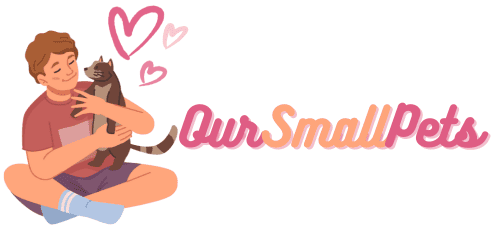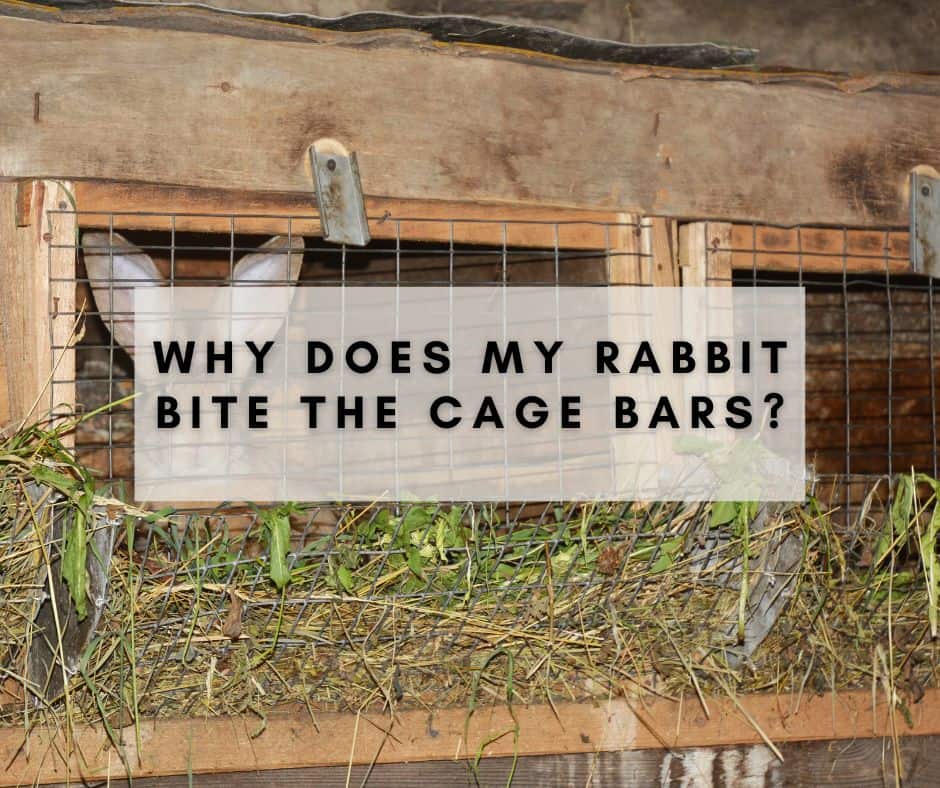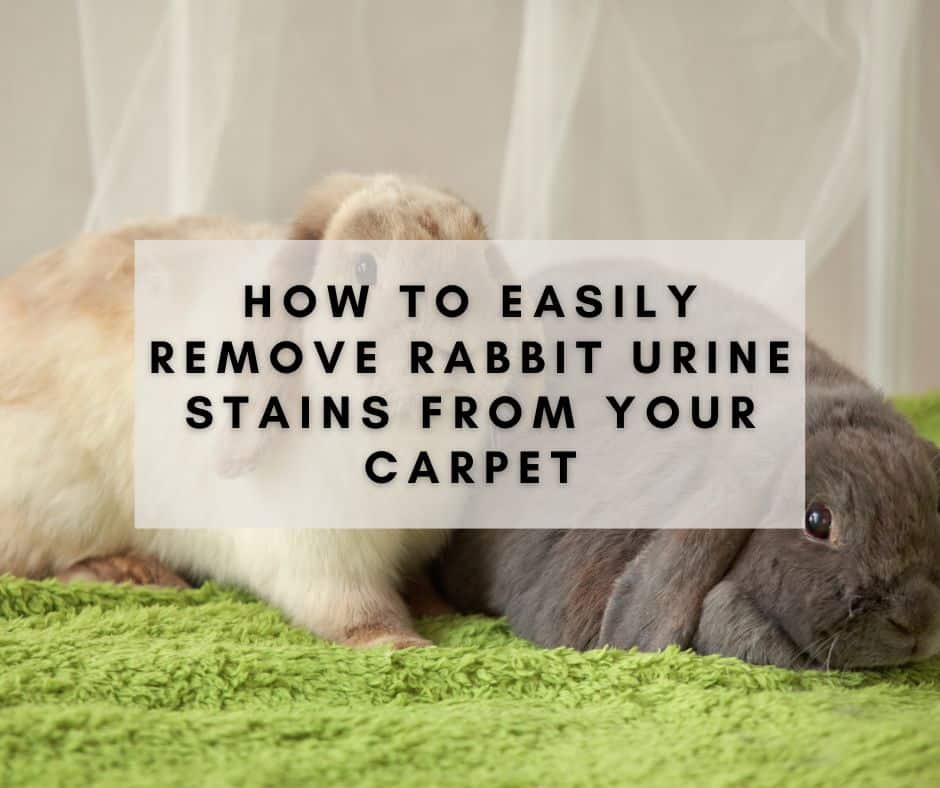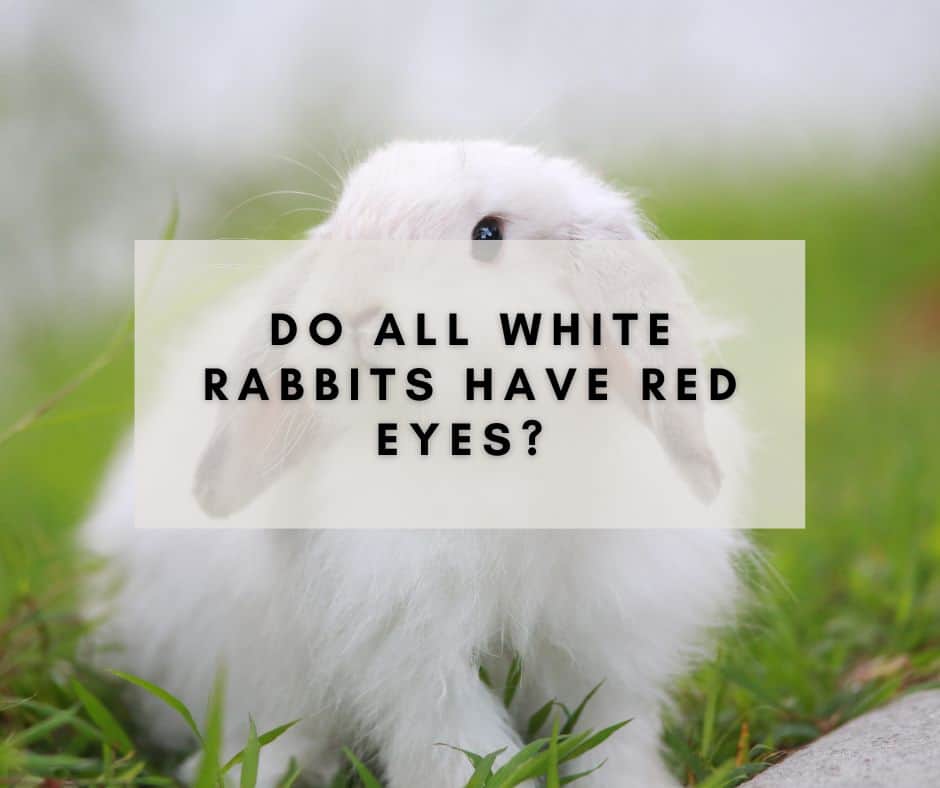For a variety of causes, reptiles can cease eating. It is often due to anything we’ve done or fed them in the past, and other times it’s due to disease.
When it’s time to eat, leopard geckos have been observed to become a bit too enthusiastic and consume too much and too rapidly. And, since their digestive systems can’t keep up with their voracious appetites, they’ll spit the food when their little bodies can’t handle it any longer. Leopard geckos’ appetites can be affected by a range of factors. The majority of issues can be handled with proper care or a simple visit to the doctor. Some, on the other hand, are more difficult to manage.
Contents
Potential Reasons of Leopard Gecko Spitting
A multitude of factors can lead leopard geckos to lose their hunger.
Frigid Atmosphere:
The most prominent factor for leopard geckos ceasing to feed is because they are too frigid. Depressed geckos frequently visit the vet hospital whenever the weather switch from fall to winter.
Constipation:
The fecal impaction might be caused by a recent large or hard meal, such as big insects, or by bedding debris that was unintentionally swallowed by your leopard gecko. Uric acid blockages can potentially provoke feces restriction.
Illness:
If your leopard gecko has lately experienced a cold from wind or a drop in environmental temperature, it may have a viral infection that will lead them to stop eating. Respiratory diseases are frequent in reptiles and can induce appetite loss.
Impairment:
Your leopard gecko may stop eating if it has a scar or is in discomfort as a result of damage. Cysts, eye damage, tail disorders, and toe abnormalities can all be painful and trigger your gecko to avoid eating.
Sight Concerns:
Retained skin around the eyes might make it difficult for your gecko to see its meal, especially if it’s attempting to grab a grasshopper. This is generally caused by a deficiency of moisture in the enclosure, following an incomplete shedding. Other eye disorders that would lead your gecko to stop eating include corneal sores and retro-peritoneal infections.
Feeding Manner:
Leopard geckos are known to get overly eager when it’s time to eat, and as a response, they eat too often and too swiftly. Because their intestines can’t keep up with their voracious cravings, they’ll spit the food once their little bodies can’t withstand the food overload any longer.
Stress:
If there is anything that leopard geckos are most vulnerable to, it is anxiety. Distress can manifest itself in a variety of ways in your leopard gecko, and spitting or regurgitation is one of them.
Possible Ways to Stop Leopard Gecko Spitting
Atmosphere:
When it comes to a leopard gecko’s general health, the temperature is critical. The warm end of their habitat should be placed at 85-90 degrees Fahrenheit, while the cool end should be about 75 degrees Fahrenheit. You’ll need a “hot cover” and a “cool cover” for each of these surfaces. Leopard geckos, on the other hand, are not basking reptiles, so you won’t have to bother about sustaining a warming environment.
Impacted Feces:
Twice a day, bath the leopard gecko in a hot water bath. The gecko’s muscles must be completely submerged in the water. You must lightly massage the gecko’s tummy while it is underwater.
o Sickness:
There could be another reason for your leopard gecko’s incompetence if they are sick in any other way. Formations that impact or clog the digestive system, mouth sores, and other disorders can be treated by your veterinarian. If you feel your gecko isn’t eating because of a sickness, seek help from your veterinarian.
o Injury:
Many injuries take decades to cure, so you must be tolerant. When your pet is feeling much better, it should resume regular eating habits. To help replenish what was gone, cover the insects with a vitamin-rich calcium solution.
o Feeding:
When your pet feels hungry, it should begin to eat again in a few hours or days, and you do not need to do anything additional. Pay strict attention to meal quantity to avoid this happening again. Smaller insects may aid in getting them to consume regularly.
o Dealing with Stress:
When you assume your gecko is dissatisfied because of another companion, be willing to wait a few days for your pet to adjust. You will need to segregate them if it takes longer than three weeks for your pet to resume consuming. If you suspect anything else is creating the stress, start switching the habitat to a different room in your house to see if it begins feeding again.
o Breeding Season:
During the mating season, leopard geckos typically quit consuming. The hardest part you can do is wait for the season to end and be tolerant. To check whether they will consume, try offering a minimal supply of nutrients.
Conclusion:
A leopard gecko can spit in a plethora of ways. Since leopard geckos can go for extended periods of time without feeding, you shouldn’t be worried if they don’t consume for a few weeks. If you’re still worried after a week, probably offer wax worms, which are one of your pet’s beloved snacks. If the wax worms don’t react, you can start looking for symptoms of fecal infection or sickness. Warm baths can help alleviate constipation, improve the healing process, and even lower stress levels.
The majority of geckos that don’t eat right away are agitated, which can be triggered by shipment, a new habitat, new nourishment, and, most importantly, enhanced communication and movement within the cage or optically surrounding it. Leopard geckos’ diets can be baffling, as they fluctuate in phases.
When everything in the habitat is perfect, and you don’t think something is upsetting your gecko out, but you still can’t understand out why your leopard gecko is acting this way, see a doctor right away for further information on how to get your leopard gecko up and consuming, its meal.



